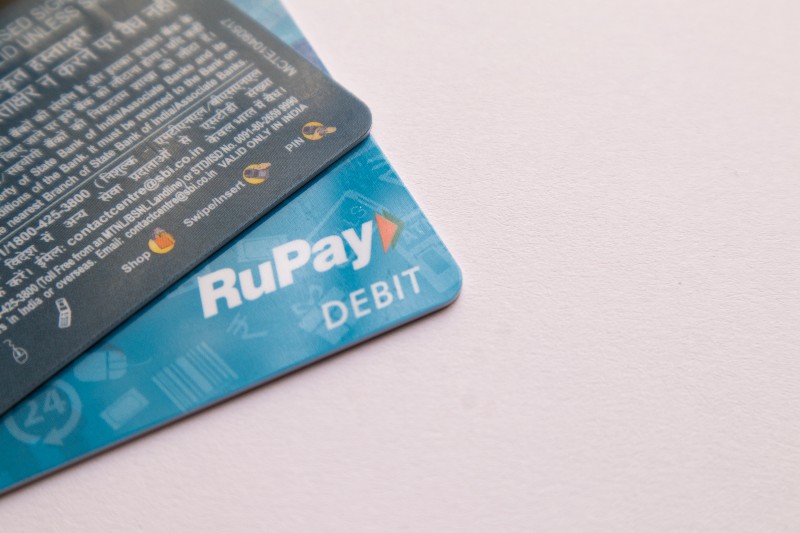News
VISA Complains to US Trade Representative About India’s RuPay

Visa Inc complained to the US Trade Representative that the Indian government is unfairly backing up local rival RuPay. The company alleged that India's “informal and formal” promotion of RuPay is hurting it in a key market.
RELATED: Mastercard Will Offer Crypto Services In Its Merchant Banks
India Government Promoting RuPay

US government memos showed that Visa executives met with the US Trade Representative, Katherin Tai, and other officials last August 9.
CEO Alfred Kelly led the Visa contingent in voicing concerns over a “level playing field” in India. RuPay is enjoying broad public support from Prime Minister Narendra Modi.
This includes using RuPay services for local payments such as transportation fare. Visa shared with the US government its concerns over India's “push to use transit cards linked to RuPay” and its “not-so-subtle pressure on banks to issue” RuPay cards.
Publicly, Visa continues to downplay its concerns on RuPay. However, it’s a different story internally.
“Visa remains concerned about India's informal and formal policies that appear to favour the business of National Payments Corporation of India” (NPCI), the non-profit that runs RuPay, “over other domestic and foreign electronic payments companies,” read a US Trade Representative memo prepared for Tai ahead of the meeting.
Mastercard Also Having Trouble in India Market
Reportedly, Mastercard also raised similar concerns privately with the US Trade Representative. In 2018, the company filed a protest with the USTR that Modi used nationalism to promote RuPay.
Both Mastercard and Visa count India as a key growth market. However, a 2018 Indian Central Bank decree directed them to store payments data locally in India for supervisory access.
Currently, Mastercard faces an indefinite ban on issuing new cards in India. The central bank accused Mastercard of not complying with the 2018 rules. Privately, a US Trade Representative official described the Mastercard ban as “draconian,” according to Reuters.
Modi Promotes RuPay For Years
For years, the Indian Prime Minister promoted the local payments processor. Rupay accounts for 63% of the Indian market, which totals 952 million debit and credit cards.
In a speech three years ago, Modi pushed the use of RuPay as patriotic. Since not everybody can “go to the border to protect the country, we can use RuPay cards to serve the nation”.
Visa’s complaint to the US Trade Representative referred to that speech. It cited Modi’s “speech where he basically called on India to use RuPay as a show of service to the country,” according to a USTR email exchange.
Meanwhile, Finance Minister Nirmala Sitharaman said last year that “RuPay is the only card” banks should promote. The government is also promoting a RuPay-based card for public transportation payments.
Ironically, even as RuPay continues to dominate the local card market, most payments still go through Visa and Mastercard. Many banks only issue RuPay cards to get into Modi’s financial inclusion programme.
Watch the Study IQ Education video reporting that RBI bans MasterCard from issuing new cards in India over the Data Storage row:
What do you think of Visa’s concerns over the government of India’s promotion of a local payment company? Does this conflict with India’s right to push RuPay to be a local company?
Let us know what you think about Visa’s complaints to the US Trade Representative. Share your comments in the comments section.















